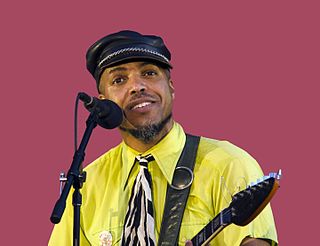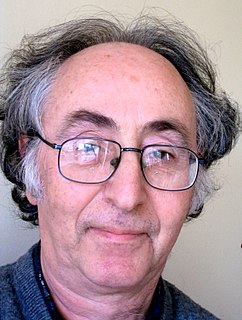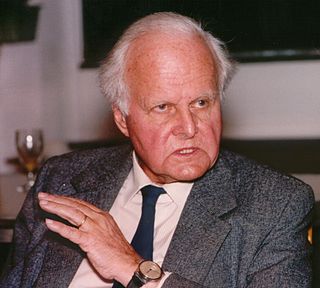A Quote by Rhonda Byrne
I never studied science or physics at school, and yet when I read complex books on quantum physics I understood them perfectly because I wanted to understand them. The study of quantum physics helped me to have a deeper understanding of the Secret, on an energetic level.
Related Quotes
Quantum physics is the physics of possibilities. And not just material possibilities, but also possibilities of meaning, of feeling, and of intuiting. You choose everything you experience from these possibilities, so quantum physics is a way of understanding your life as one long series of choices that are in themselves the ultimate acts of creativity.
We could tell them [alien civilization] things that we have discovered in the realm of mathematical physics, but there is stuff that I would like to know. There are some famous problems like how to bring gravitation and quantum physics together, the long-sought-after theory of quantum gravity. But it may be hard to understand the answer that comes back.
I have tried to read philosophers of all ages and have found many illuminating ideas but no steady progress toward deeper knowledge and understanding. Science, however, gives me the feeling of steady progress: I am convinced that theoretical physics is actual philosophy. It has revolutionized fundamental concepts, e.g., about space and time (relativity), about causality (quantum theory), and about substance and matter (atomistics), and it has taught us new methods of thinking (complementarity) which are applicable far beyond physics.
I read a book called 'The Tao of Physics' by Fritjof Capra that pointed out the parallels between quantum physics and eastern mysticism. I started to feel there was more to reality than conventional science allowed for and some interesting ideas that it hadn't got round to investigating, such as altered states of consciousness.
I studied physics at Princeton when I was a college student, and my initial intention was to major in it but to also be a writer. What I discovered, because it was a very high-powered physics program with its own fusion reactor, was that to keep up with my fellow students in that program I would need to dedicate myself to math and physics all the time and let writing go. And I couldn't let writing go, so I let physics go and became a science fan and a storyteller.






































